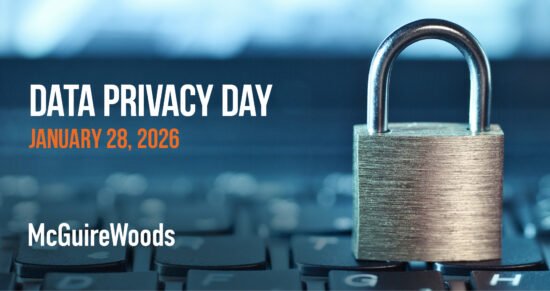Overview
As we enter the 2026 tax filing season, organizations face a heightened risk of cyberattacks targeting employee information. Tax season is a busy time for cybercriminals, who ramp up efforts to trick businesses and individuals into sharing personal information. Bad actors can use stolen personally identifying information (“PII”) in a variety of harmful ways,
